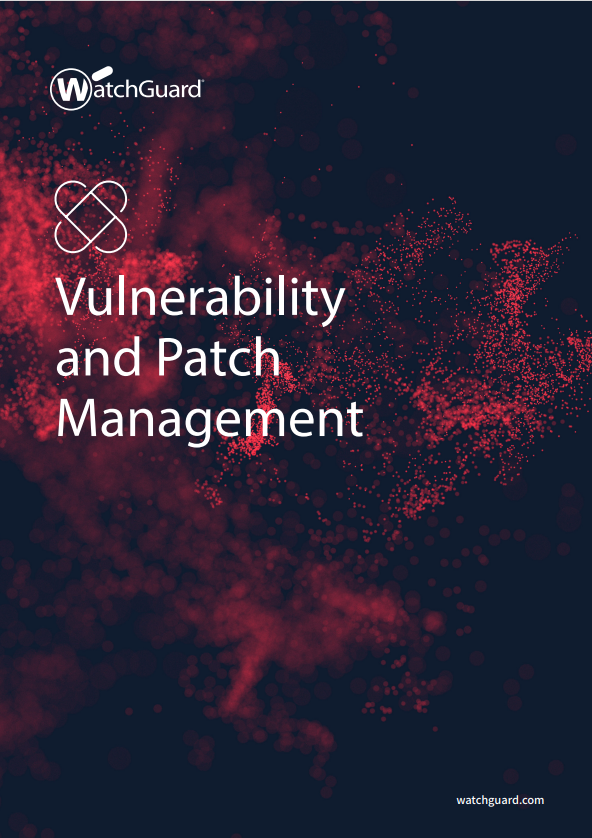Swissport ransomware attack leads to flight delays
The attack is now 'under control' but raises questions around critical European businesses being targeted in recent weeks


Aviation services company Swissport announced it was the victim of a ransomware attack on Friday, with some flights forced into delays and other operations disrupted.
Neither the ransomware operator nor the type of ransomware used against the company is currently known, but the company reacted quickly to contain the attack, despite the disruption it caused.
"A part of Swissport’s IT infrastructure was subject to a ransomware attack," the company announced via Twitter on Friday. "The attack has been largely contained, and we are working actively to fully resolve the issue as quickly as possible. Swissport regrets any impact the incident has had on our service delivery."
At the time, its support website returned an error and was inaccessible, but a day later the company assured that the situation was under control and that affected systems were taken offline waiting to be restored from backups.
"IT security incident at Swissport contained. Affected infrastructure swiftly taken offline," it said on Saturday. "Manual workarounds or fallback systems secured operation at all times. Full system clean-up and restoration now underway. We apologise for any inconvenience."
"Due to system problems at our airport partner Swissport, 22 flights were delayed by 3 to 20 minutes yesterday," said a spokeswoman for Zurich Airport to Der Spiegel. Swissport told the publication that it was able to continue to provide ground services without full IT system access, though delays were inevitable.
Swissport provides ground services to airports such as passenger services, ramp and air cargo handling, fuelling, and executive hospitality services. In 2021, the company said it provided services to 97 million airline passengers and handled around 5 million tonnes of air freight at more than 100 cargo warehouses worldwide.
Sign up today and you will receive a free copy of our Future Focus 2025 report - the leading guidance on AI, cybersecurity and other IT challenges as per 700+ senior executives
The hack follows a number of widely reported cyber attacks on critical infrastructure across Europe last week, including attacks on oil facilities in Germany, Belgium, and the Netherlands, the BBC reported.
Experts speaking at the time said it was not currently clear if the attacks were linked or coordinated, but some experts have speculated the attacks may be linked to current political tensions between Russia and Ukraine, the latter of which has received widespread and prominent support from European and other western powers as a potential war looms.
RELATED RESOURCE

Vulnerability and patch management
Keep known vulnerabilities out of your IT infrastructure
"This is the third attack in a week on European critical infrastructure providers," said Andy Norton, European cyber risk officer at Armis to IT Pro. "The attacks have focussed on the ancillary IT services that surround the production system or service.
"The NIS legislation in Europe requires critical infrastructure providers to attain a certain level of operational resilience," he added. "Whether the surge in attacks is related to current geo-political events is unknown. However, providers of critical services should immediately review the adequacy of their risk assessments from cyber threat with emphasis on the criticality of the ancillary IT systems that have increased connectivity and the potential to impact the OT and ICS production and service delivery."

Connor Jones has been at the forefront of global cyber security news coverage for the past few years, breaking developments on major stories such as LockBit’s ransomware attack on Royal Mail International, and many others. He has also made sporadic appearances on the ITPro Podcast discussing topics from home desk setups all the way to hacking systems using prosthetic limbs. He has a master’s degree in Magazine Journalism from the University of Sheffield, and has previously written for the likes of Red Bull Esports and UNILAD tech during his career that started in 2015.
-
 What is Microsoft Maia?
What is Microsoft Maia?Explainer Microsoft's in-house chip is planned to a core aspect of Microsoft Copilot and future Azure AI offerings
-
 If Satya Nadella wants us to take AI seriously, let’s forget about mass adoption and start with a return on investment for those already using it
If Satya Nadella wants us to take AI seriously, let’s forget about mass adoption and start with a return on investment for those already using itOpinion If Satya Nadella wants us to take AI seriously, let's start with ROI for businesses
-
 There’s a dangerous new ransomware variant on the block – and cyber experts warn it’s flying under the radar
There’s a dangerous new ransomware variant on the block – and cyber experts warn it’s flying under the radarNews The new DeadLock ransomware family is taking off in the wild, researchers warn
-
 Hacker offering US engineering firm data online after alleged breach
Hacker offering US engineering firm data online after alleged breachNews Data relating to Tampa Electric Company, Duke Energy Florida, and American Electric Power was allegedly stolen
-
 Cybersecurity experts face 20 years in prison following ransomware campaign
Cybersecurity experts face 20 years in prison following ransomware campaignTwo men used their tech expertise to carry out ALPHV BlackCat ransomware attacks
-
 15-year-old revealed as key player in Scattered LAPSUS$ Hunters
15-year-old revealed as key player in Scattered LAPSUS$ HuntersNews 'Rey' says he's trying to leave Scattered LAPSUS$ Hunters and is prepared to cooperate with law enforcement
-
 The Scattered Lapsus$ Hunters group is targeting Zendesk customers – here’s what you need to know
The Scattered Lapsus$ Hunters group is targeting Zendesk customers – here’s what you need to knowNews The group appears to be infecting support and help-desk personnel with remote access trojans and other forms of malware
-
 Impact of Asahi cyber attack laid bare as company confirms 1.5 million customers exposed
Impact of Asahi cyber attack laid bare as company confirms 1.5 million customers exposedNews No ransom has been paid, said president and group CEO Atsushi Katsuki, and the company is restoring its systems
-
 The US, UK, and Australia just imposed sanctions on a Russian cyber crime group – 'we are exposing their dark networks and going after those responsible'
The US, UK, and Australia just imposed sanctions on a Russian cyber crime group – 'we are exposing their dark networks and going after those responsible'News Media Land offers 'bulletproof' hosting services used for ransomware and DDoS attacks around the world
-
 A notorious ransomware group is spreading fake Microsoft Teams ads to snare victims
A notorious ransomware group is spreading fake Microsoft Teams ads to snare victimsNews The Rhysida ransomware group is leveraging Trusted Signing from Microsoft to lend plausibility to its activities